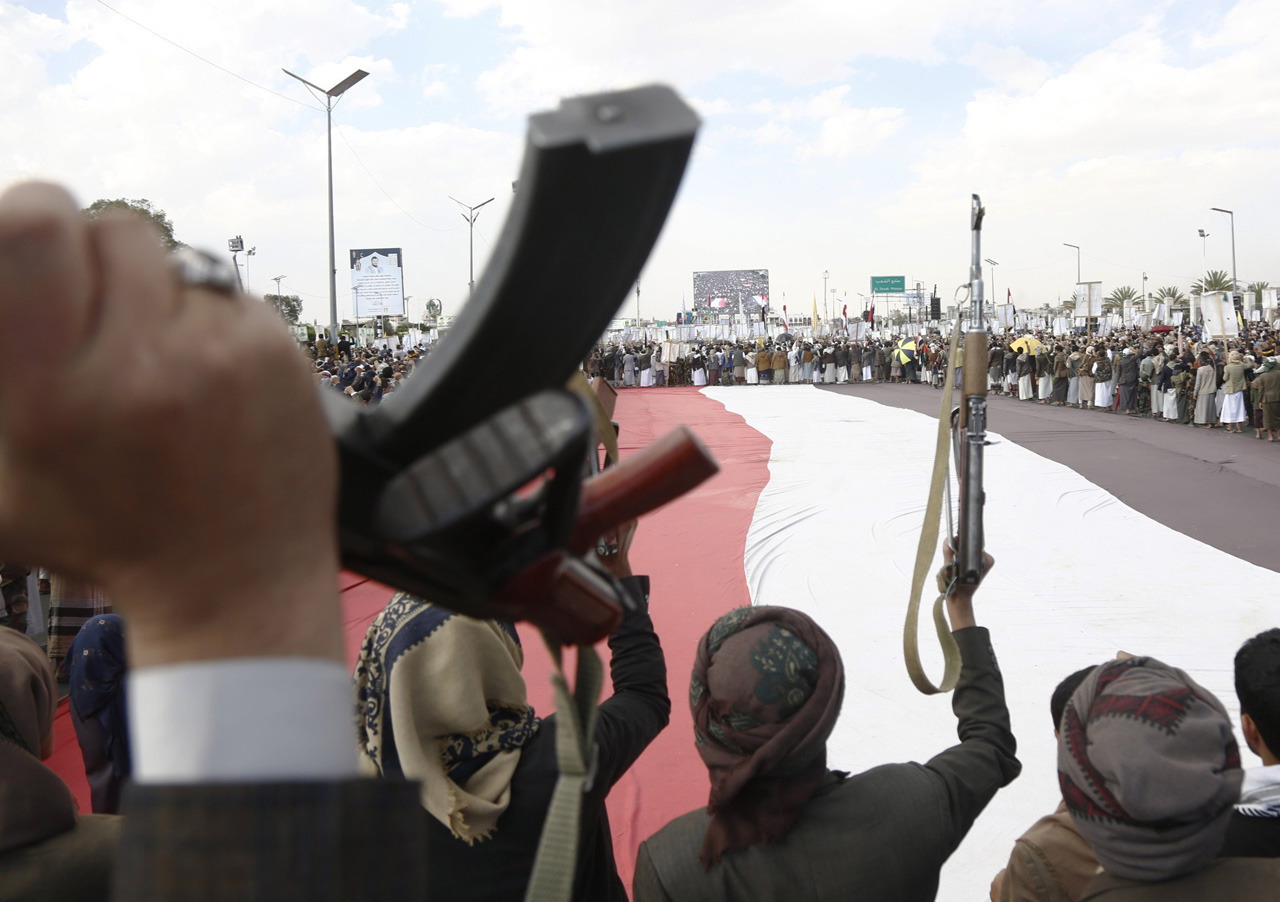
Israel’s aggressiveness reshaping Middle East geopolitics
The ongoing Israeli offensive in Gaza, resulting in the tragic loss of more than 7,000 lives, has the potential to mark a significant turning point in Middle East geopolitics. Israel’s contemplated ground offensive introduces a range of dynamics that suggest the conflict between Israel and Hamas will extend beyond Gaza. Historically, these conflicts followed a familiar pattern: Hamas attacks against Israel, Israeli airstrikes on Gaza, a cease-fire, and a return to the status quo. However, the events of Oct. 7 strongly indicate a departure from this pattern, with Israel possibly establishing a lasting presence in at least the northern sector of Gaza, thereby altering the status quo.
Share
The ongoing Israeli offensive in Gaza, resulting in the tragic loss of more than 7,000 lives, has the potential to mark a significant turning point in Middle East geopolitics. Israel’s contemplated ground offensive introduces a range of dynamics that suggest the conflict between Israel and Hamas will extend beyond Gaza. Historically, these conflicts followed a familiar pattern: Hamas attacks against Israel, Israeli airstrikes on Gaza, a cease-fire, and a return to the status quo. However, the events of Oct. 7 strongly indicate a departure from this pattern, with Israel possibly establishing a lasting presence in at least the northern sector of Gaza, thereby altering the status quo.
For Hamas, the method of targeting Israel and the extensive operation’s reach signify a historic shift. The security crisis triggered by the attacks in Israel runs deep, largely due to Hamas’s unpredictability. The Israeli military’s 24-hour delay in gaining control highlights its preparedness shortcomings. Moreover, the Oct. 7 operation has exposed Israel to a profound ontological security crisis that is exceptionally challenging to endure. Consequently, Israel’s ability to deter Palestinian factions and regional players has significantly diminished. This suggests that Israel may undergo a significant shift in its security policies and regional engagements, potentially leading to broader changes across the Middle East.
Tags »
Related Articles






